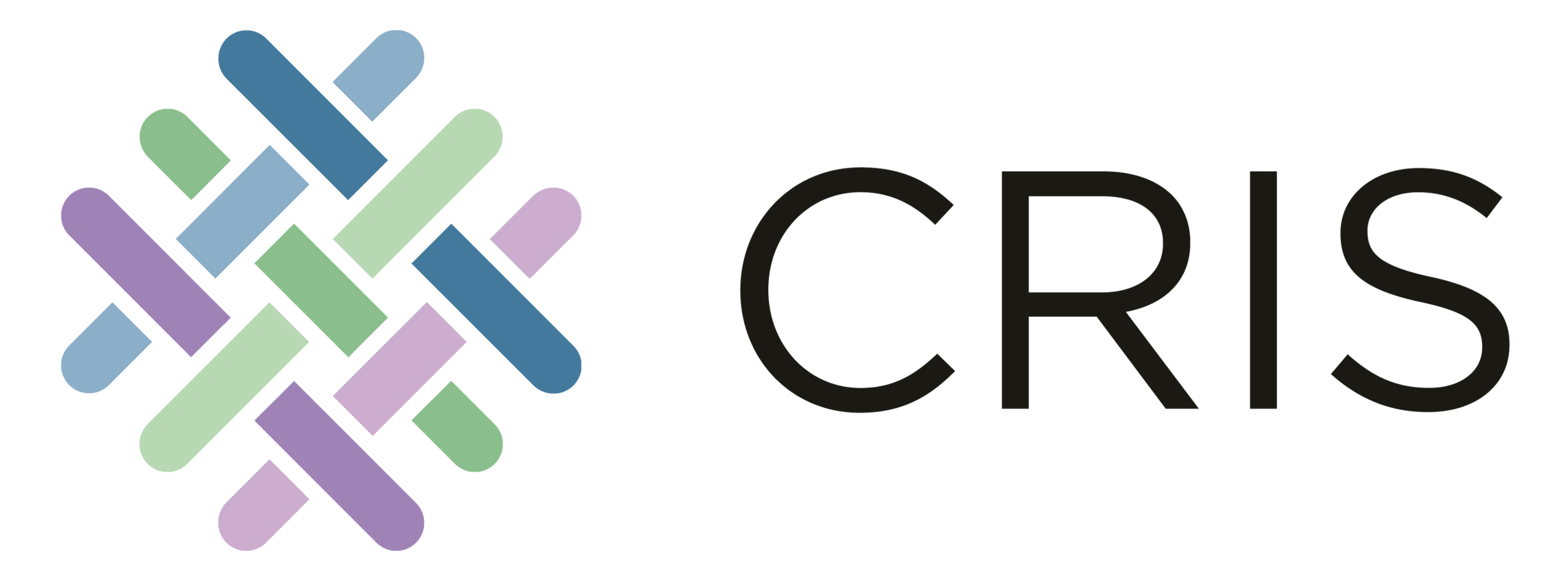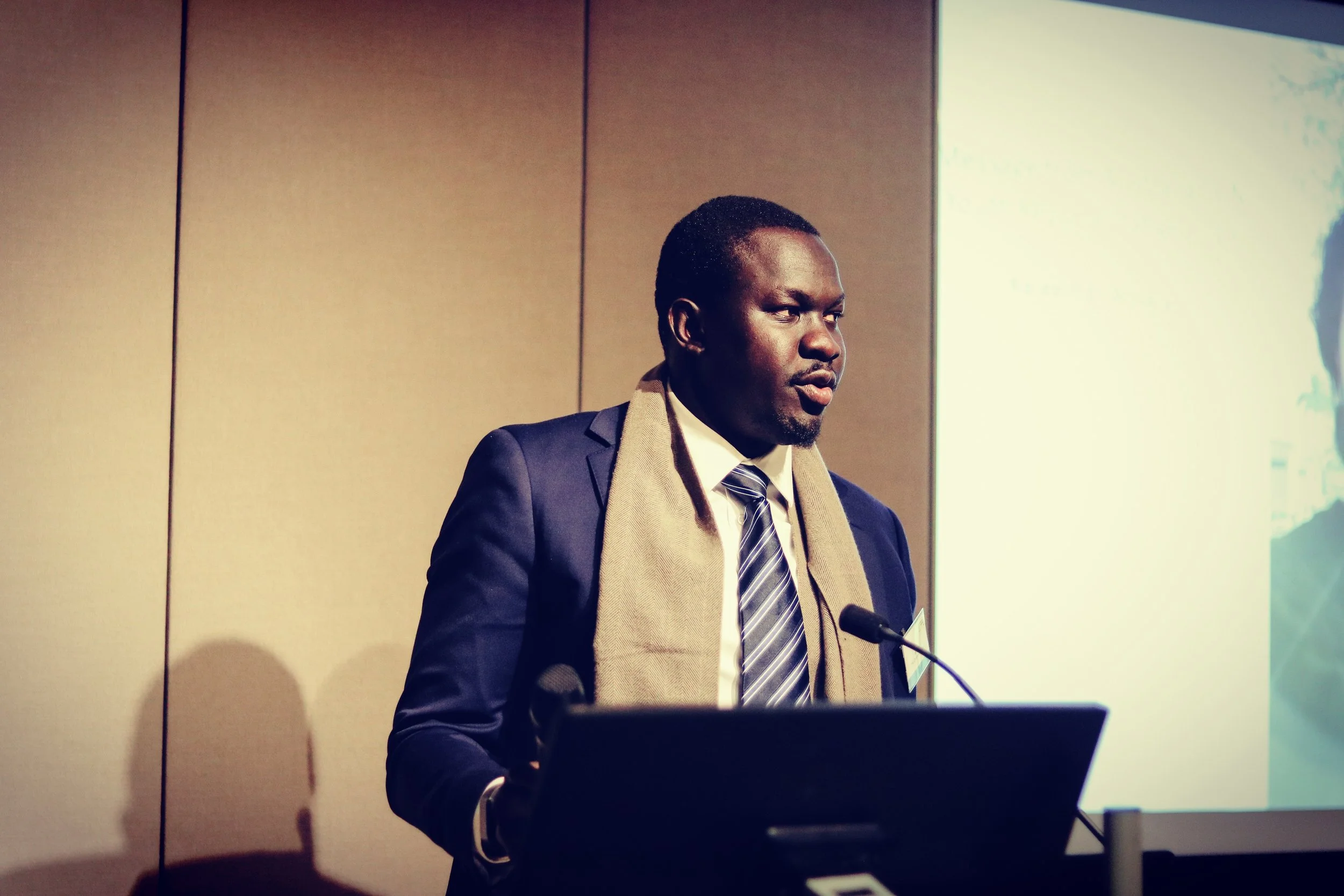Letters to Australia: Emmanuel Musoni
AMF LETTERS TO AUSTRALIA
Fresh, Diverse Voices Imagine the Future
Letters to Australia is an initiative from the Australian Multicultural Foundation (AMF) aimed at amplifying voices not always heard in the national conversation. This online collection of ‘letters’ elevates the voices of young advocates and thinkers so they may be heard by the wider Australian community. It also seeks to encourage curiosity and open mindedness about Australia’s future in the community more generally.
Australians from all walks of life will be invited, each month, to share their intelligent, critical perspectives on Australia’s future to draw attention to issues, questions and ideas which are important to us all.
Emmanuel Musoni
Dear Australia,
Looking back on my childhood in a refugee camp in Uganda, I wonder how I ever did my classes when they consisted of sitting under a tree with half an exercise book to write in, only one meal in my stomach and no guarantee of another when I returned home. Yet I felt normal, because my life was similar to many of my peers, even privileged because plenty of kids couldn’t go to school at all. The fact that I wasn’t comparing my life to an alternative life protected me from feeling deprived of my basic human rights.
When refugees come to Australia, they are suddenly surrounded with alternative lives. However, these lives and the possibilities they represent are often barred from them by a society where who you know is frequently more important than what you know. That denial of opportunity is painful.
Some refugees see no future here. They would prefer to return to life in a refugee camp where they feel the playing field is level, and they have a ‘fair go’. They say that a “war with gunshots is better because you can see it, but this one is invisible.”
In 2017 and 2018 I co-researched settlement challenges faced by migrants and refugees from the Great Lakes Region of Africa now living in metropolitan and regional New South Wales*. Our findings brought me to tears. Many members of the community, particularly young people, felt cut off from any real chance of a future because of the discrimination they faced:
“... in school after getting used to and speaking English, ...we will all go [to practice public speaking] including blacks, after all the practice then they will only choose whites [to represent the school] without even a single black, [so] next time when they call upon students again to… represent the school, you don’t feel like going.”
“... when it was time to call out the team, the coach only called white people, all the black people and Iranians, we were sitting there.”
“When I finished high school, I had the plan to join the Police force. ...they gave me all the information, then I ask if I could do volunteer work in the meantime… There were so many opportunities for volunteering, I applied then I was told that they will let me know the outcome in two weeks. It has been nearly a year now; I [have] never been called.”
So, how to make the change that will ease this pain?
It’s not me alone, it’s not you alone, it’s the whole Australian community. Our research revealed the power individuals and groups in our society have, to influence the lives and futures of refugees, particularly young refugees.
Imagine, if those teachers had taken the approach of giving equal chance to every person who came in front of them? Of judging them by acts, not colour or the group they ascribe to? It could mean the difference between finishing school or not, career or unemployment, a vibrant, meaningful future or one that seems devoid of hope.
This is a choice we all have, one we all make, whether consciously or not.
Good policies and anti-discrimination laws, the institutional tools to support the change we need, are a start. We should also have strong local and national representation for People of Colour and people from refugee backgrounds in areas of sport, health, education, in workplaces and Labor unions. But, I believe that going in with the heart is the only way for society to heal itself.
Deeper than writings of policy and law, it is the mindset and the humanity of policymakers, politicians, service providers, caseworkers, educators, and wider communities which truly shapes our reality.
Refugees who settle in regional communities struggling with de-population take on essential roles in the local workforce and send their children to schools which might otherwise face closure. They bring skills, qualifications and experiences that are both valid and valuable to the whole community.
They can also help with the settlement of newer refugees and help build Australian communities up faster and stronger. But they can’t achieve any of this if they have no say in our settlement processes, input into shaping services, or the chance to have their dreams supported.
I am speaking to caseworkers and settlement services workers, employers, educators, and sports teams here but I’m also addressing the whole community. As members of Australian society, we all have a duty to stand for inclusion and stand up against exclusion, to support every one of us so we can all build lives and futures which become strengths for everybody.
So I ask you: are you ready to go in with the heart and join with refugees to build a more hopeful future for us all?
Sincerely,
Emmanuel Musoni
*Research report referenced: Musoni, E, Umutoni Wa Shema, N, Abega, J P, & Razee, H 2020, ‘Understanding the challenges and issues related to the settlement process of migrants from the Great Lakes region of Africa in Australia’, Great Lakes Agency for Peace and Development International; NSW Settlement Partnership; Settlement Services International
Emmanuel Musoni was raised in a refugee camp in Uganda until he was 16 years old. This upbringing led to his strong commitment to and passion for advocating for better settlement and integration of refugees and migrants who are yearning to call regional Australia home. Emmanuel has been engaged in community leadership and development for many years both in Australia and overseas and is currently the Executive Manager of the Great Lakes Agency for Peace and Development (GLAPD). He has settled around 245 people in regional Australia since mid-2016 and has developed strategies for welcoming and retaining migrants in regional areas, including the development of a community-based national toolkit, ‘STEPS TO SETTLEMENT SUCCESS: A toolkit for Rural and Regional communities’. Emmanuel has become a passionate motivational speaker and an advocate for regional and rural settlement. “Change is needed,” he says, “and the change is in our hearts.”
Read more Letters to Australia:










